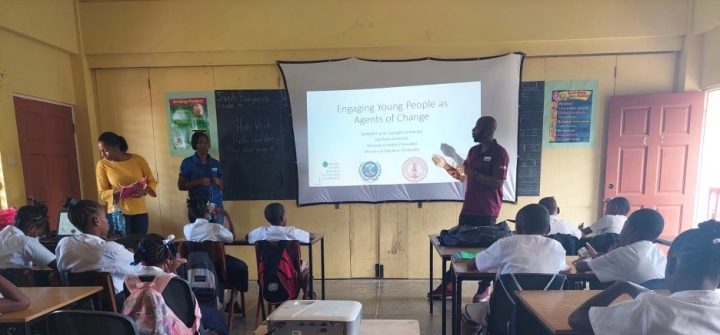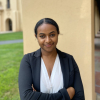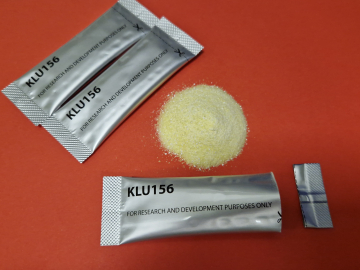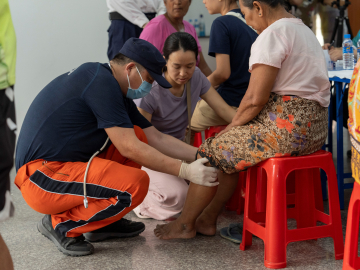From Parachute Science to Community Engagement and Advocacy
When I read a recent headline in Nature Index News, “Parachute science falls to earth,” my mind first went to sky-diving. After reading the article, the concept felt all too familiar from my upbringing in Addis Ababa, Ethiopia.
Parachute science, also called colonial science, involves scientists from high-income countries gathering data in low-income countries and leaving without acknowledging the contributions from communities or local scientists. In my childhood low-income neighborhood, my parents filled out surveys for projects they did not understand, only to become mere data points. The researchers studied presumed problems, prescribed solutions, and published their work in academic journals we could not access.
Many calls for an end to parachute science focus on authorship inequities. For example, a 2019 BMJ Global Health study showed that less than half of infectious disease research conducted in Africa had a first or last African author. However, the problem goes far beyond this. It impacts the design of methodologies, communication of results, and sharing (or withholding) of data.
It's time for a change: Global health research needs to have more community engagement and use findings to advocate for more health equity.
As an early career researcher at Stanford studying viruses spread by mosquitoes, I’ve seen firsthand the power of community engagement and advocacy. Our LaBeaud Lab team, in collaboration with Stanford’s Our Voice initiative, WINDREF at St. George University in Grenada, and the Grenada Ministry of Health, has been conducting research that uses a school-based educational intervention to reduce the transmission of arboviral and protozoal diseases such as Zika and dengue in Grenada.
This study uses the Our Voice method to engage fourth-grade students at public schools as agents of change. Our Voice works with community members who discover aspects of their community that impact their well-being, discuss findings with other citizen scientists, advocate for improvements, and change their community for the better. This approach can be adapted to many disciplines—in our case, preventive infectious disease research in schools.
The team members based in Grenada helped design the methodology and study protocols. Before starting the project, we did a pilot to see if the research was appropriate and helpful for the community. We frequently asked for the teachers and teams’ input. The result? Highly engaged and empowered students.
“I will make the world a better place. I am creative. I have the knowledge. I can make my community healthy. I am an agent of change,” the students chant at the end of their discussions.
Armed with new knowledge from our research intervention, they collect photographic and narrative data on aspects of their school environment that make it easy or hard for mosquitoes to transmit disease such as litter or used tires that collect water and facilitate mosquito breeding. Together, they identify positives and negatives in the data they collected and brainstorm ways to advocate for removal of mosquito-breeding sites near their schools.
Our results have been stellar thus far. We’re seeing improvements in knowledge, attitude, and practices regarding mosquito-borne and protozoal diseases among the students. We’ve also seen a significant decrease in the abundance of mosquito vectors at the schools in just 3 months.
Community-engagement and advocacy can help us achieve long-lasting outcomes, widespread awareness, and rapid response to infectious diseases. Concurrently, it helps us address miseducation and health inequities in our own backyards and around the world.
As global health researchers, we must avoid practicing colonial research that exploits communities in the name of science. We all must consult and engage with communities throughout our research, allowing us to capture accurate cultural contexts and ensure our methodologies are appropriate.
Perhaps then, parachuting will remain strictly for recreational purposes.
Bethel Bayrau, BS, is a life science research professional in the LaBeaud Lab at Stanford School of Medicine.
Join the 50,000+ subscribers in 170+ countries who rely on Global Health NOW summaries and exclusive articles for the latest public health news. Sign up for our free weekday newsletter, and please share the link with friends and colleagues.
A WINDREF team explains a survey to students in St. George's, Grenada, in September 2022. Nikita Cudjoe





